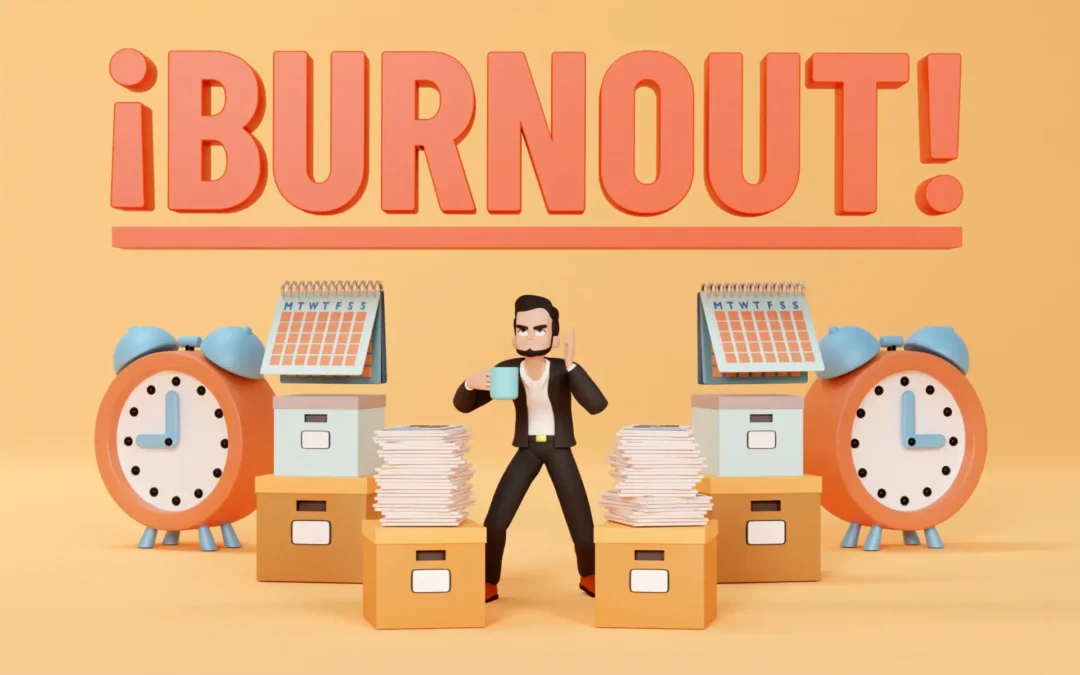Wednesday, 16 August 2023, 3:16 pm
Press Release: Revolutionaries of Wellbeing
A ground-breaking survey of workplace wellbeing professionals show that almost three quarters of workplaces (74%) have staff experiencing high levels of stress and/or burnout, and poor wellbeing has caused employees at almost two thirds of workplaces (65%) to leave their job.
Additionally, only a quarter of workplaces are managing workloads appropriately, wellbeing managers in the survey say.
Revolutionaries of Wellbeing (ROW), a New Zealand-based network of workplace wellbeing professionals, carried out the survey in June this year and ROW’s CEO, Sarah McGuinness, say the results are confronting, although not unexpected.

Leaders support wellbeing as a concept, but there’s a disconnect between thinking and action, Sarah says.
“That is leading to the results we’ve found.
“Only 24 per cent of survey participants are in agreement with the statement that their workplace is managing workloads appropriately – and 60 per cent actively disagree with that statement.
“Much of that is because people are being asked to do too much, whether that’s from people being made redundant and staff having to cover their roles as well, or from post-pandemic stress from the extra pressures of staff shortages and supply chain delays. There is also scope creep and the lack of boundaries with people working from home or in hybrid situations. They are “always on” with their devices connected and can’t switch off from work pressures.”
In addition, front-line leaders aren’t given the support and skills building they need to lead for wellbeing.
“Only 27% of respondents to the survey felt that front-line leaders – that’s everyday team leaders and supervisors – had the skills and capability to lead their teams for their wellbeing. And that’s not just a nice-to-have. We know that organisations who take care of their people are more likely to reduce turnover, be more innovative, and ultimately be more profitable,” says Sarah.
In the build-up to Mental Health Awareness Week this year (September 18-23), more focus needed to be on providing the resources that people needed to do their jobs safely and well, Sarah says.
“Only a third (33%) of wellbeing professionals felt that the resourcing for wellbeing met business needs. The challenges of Covid, the cost of living crisis, extreme weather events and all the workplace factors meant above have put a large strain on everyone’s mental health. It’s up to businesses to ensure they’re keeping pace with the wellbeing needs of their organisation. If they don’t – they will likely see impacts in poor wellbeing, burnout and turnover.”

The survey is believed to be a world-first – as there has never been a survey of workplace wellbeing professionals before.
“This group of people really have their finger on the pulse of how their workplace is going – the risks and barriers to wellbeing. They’re a deeply purpose-driven group, committed to making workplaces better. If businesses are able to better harness the drive and knowledge of this group, then it will benefit both businesses and workers.”


Recent Comments